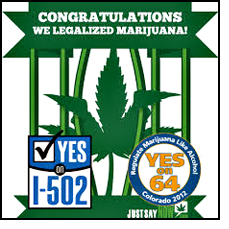“…some contractors who were awarded low-bid contracts ultimately billed the city far more than originally estimated, in most cases because of change orders approved by the […] City Council.”
“…services were paid for twice…” Double billing approved.
“…most of the tens of millions set aside for the Great Park went to plans, designs, administrative costs and consultants.”
“…Some individuals who told auditors they witnessed or were subjected to political pressure declined to speak publicly with auditors.”
The preceding quotes come from a Los Angeles Times article posted on January 13, 2014, and headlined Audit of Great Park raises questions about project.
Readers familiar with Orange County, California, will recognize the Orange County Great Park site as the now-closed MCAS El Toro. It is now in the city of Irvine, California. The Park’s Board of Directors? The Irvine City Council.
The Orange County Great Park project was approved by the voters. What they were promised to cough up the money for the project and what they will get are dramatically different.










